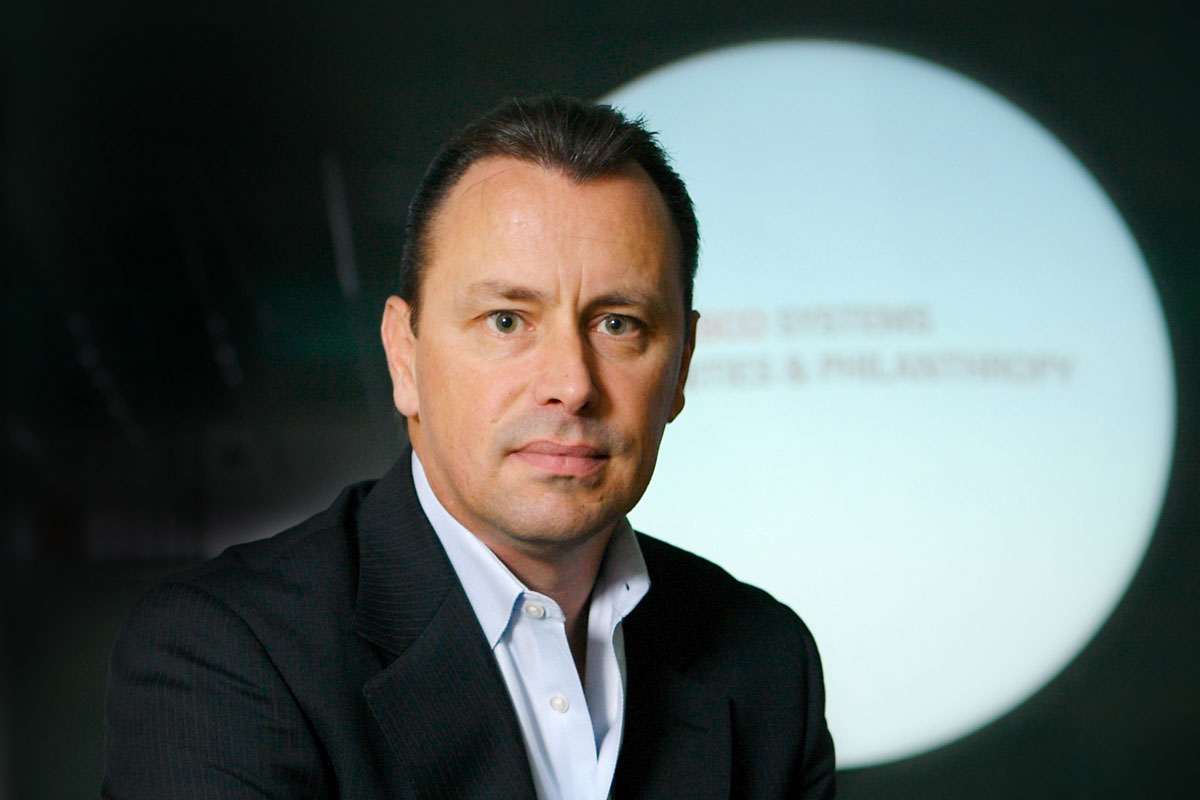
IT Pro: When do you think accurate transcription of video will happen? Do you have a timeframe for that?
I think it'll be about a decade before it's really, really good and when it's real-time. We are learning and advancing at exponential rates, so there could be some breakthroughs which will allow it to happen sooner, but conservatively it's about a ten year horizon.
IBM has a project underway called BlueBrain. It's a ten year initiative to create a working model of a human brain not to simulate, but create... down to every synapse, every neural network, every chemical interaction.
IT Pro: So you think ten years is a pragmatic, conservative time frame even though it's an incredibly complicated field? It's not just a matter of transcribing what they say, there are vocal inflections, nuances, colloquialisms, visual cues etc.
Absolutely, it's very complex. I think the paradigms for how we parse language, videos, photos, we will start learning how to do that at exponential rates. It learns in exponential ways. It's not linear because of the connectivity that we've got. Look at the work, simple work, Microsoft has done with Photosynth or Sea Dragon. Photosynth takes photos from all over the world and can recreate 3D scenes by stitching the photos together. They can look at the EXIF data of different photos and analyse the pictures. Just 15 years ago, the technology to stitch photos together was really complex and really expensive. Today, any commodity piece of technology can do it. You can buy a camera that does it in real-time as you move your camera around it will stitch your photos together. The technology is evolving at such exponential rates, that yes it's very complex but I think we'll see some breakthroughs.
I'll give you one other quick example IBM has a project underway called BlueBrain. It's a ten year initiative to create a working model of a human brain not to simulate, but create. That's a big distinction. Down to every synapse, every neural network, every chemical interaction. The project manager believes that after a decade a consciousness will evolve from this artificial brain. Whether or not it will, I don't know. But the point is that we're learning to create neural networks, we're putting a lot of money in quantum computing which is one of the tools that turns out is very, very good at neural analysis.
Over the coming years as we see more and more breakthroughs in quantum computing, quantum networks, neural nets, AI, we finally have the computing horsepower necessary and all the connectivity to enable us to start analysing rich things like human brains too.
Sign up today and you will receive a free copy of our Future Focus 2025 report - the leading guidance on AI, cybersecurity and other IT challenges as per 700+ senior executives
-
 The six biggest security challenges coming in 2026
The six biggest security challenges coming in 2026In-depth What will be the main challenges businesses face in 2026 and what can they do to prepare?
-
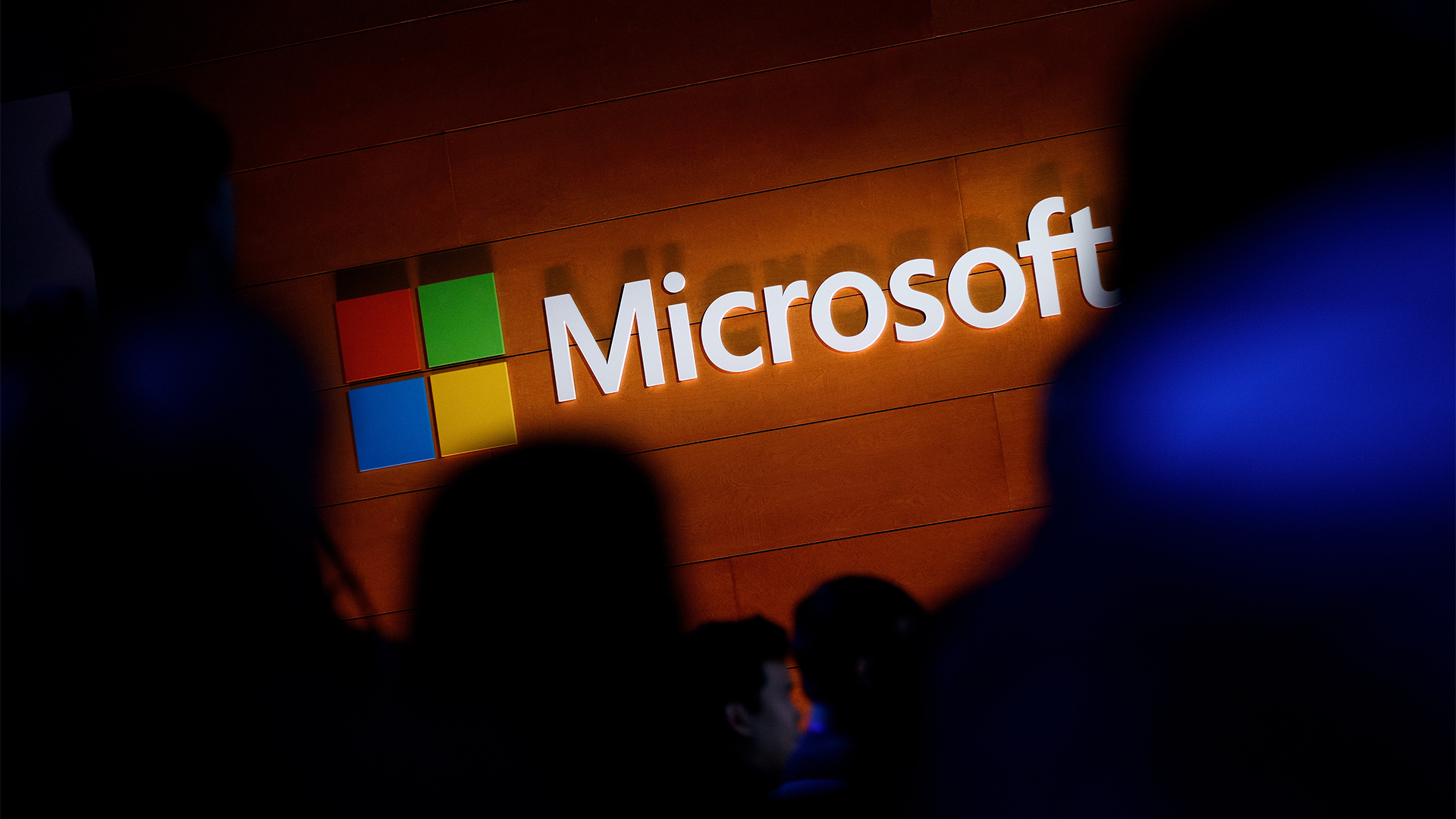 Channel focus: All you need to know about Microsoft's partner program
Channel focus: All you need to know about Microsoft's partner programChannel Focus The veteran OS developer and vendor continues to advance its strategy, particularly in Azure cloud solutions and AI
-
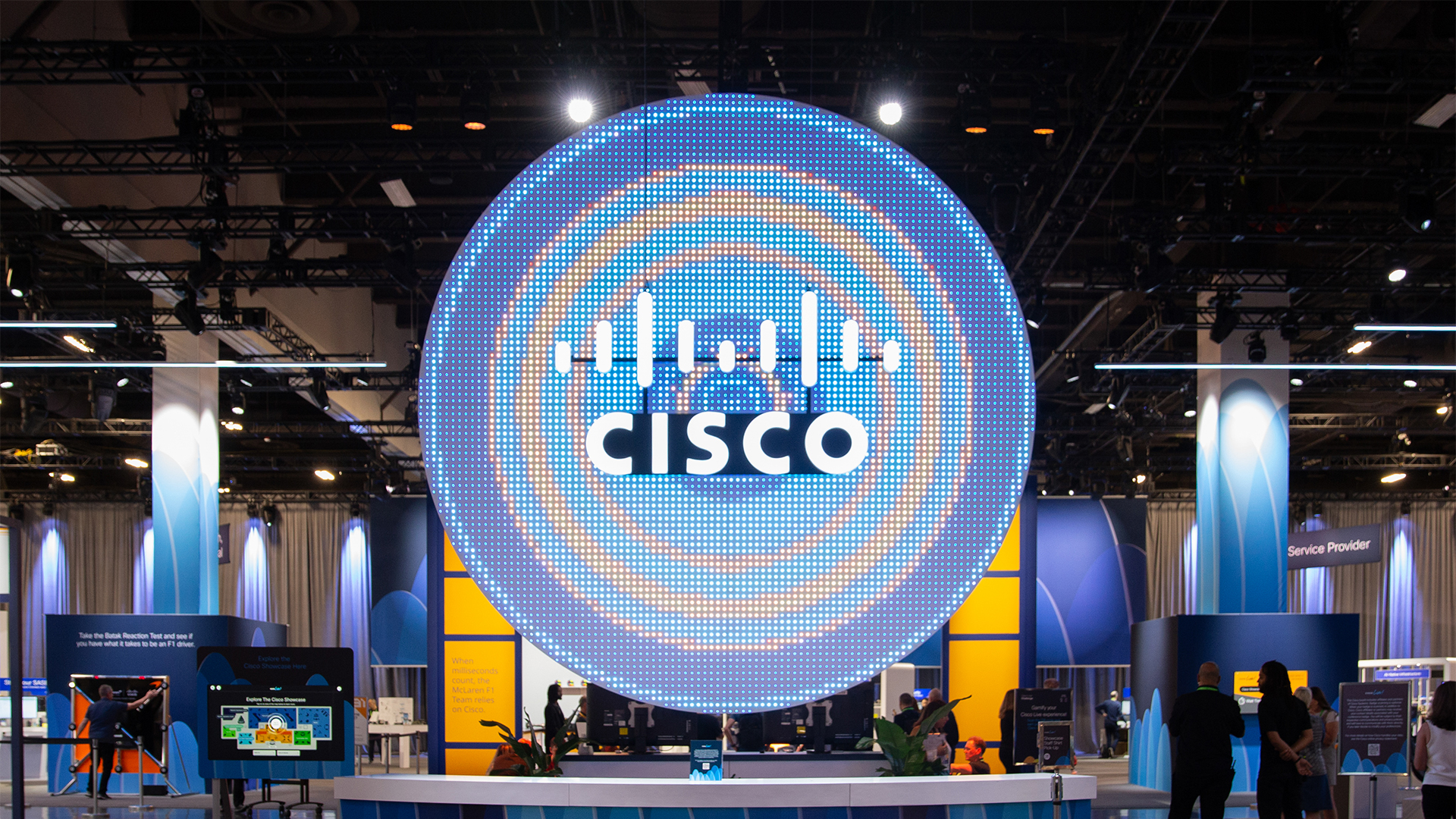 Why AI matters so much for where Cisco goes next
Why AI matters so much for where Cisco goes nextAnalysis Cisco has big plans for AI and is building a new strategy to match
-
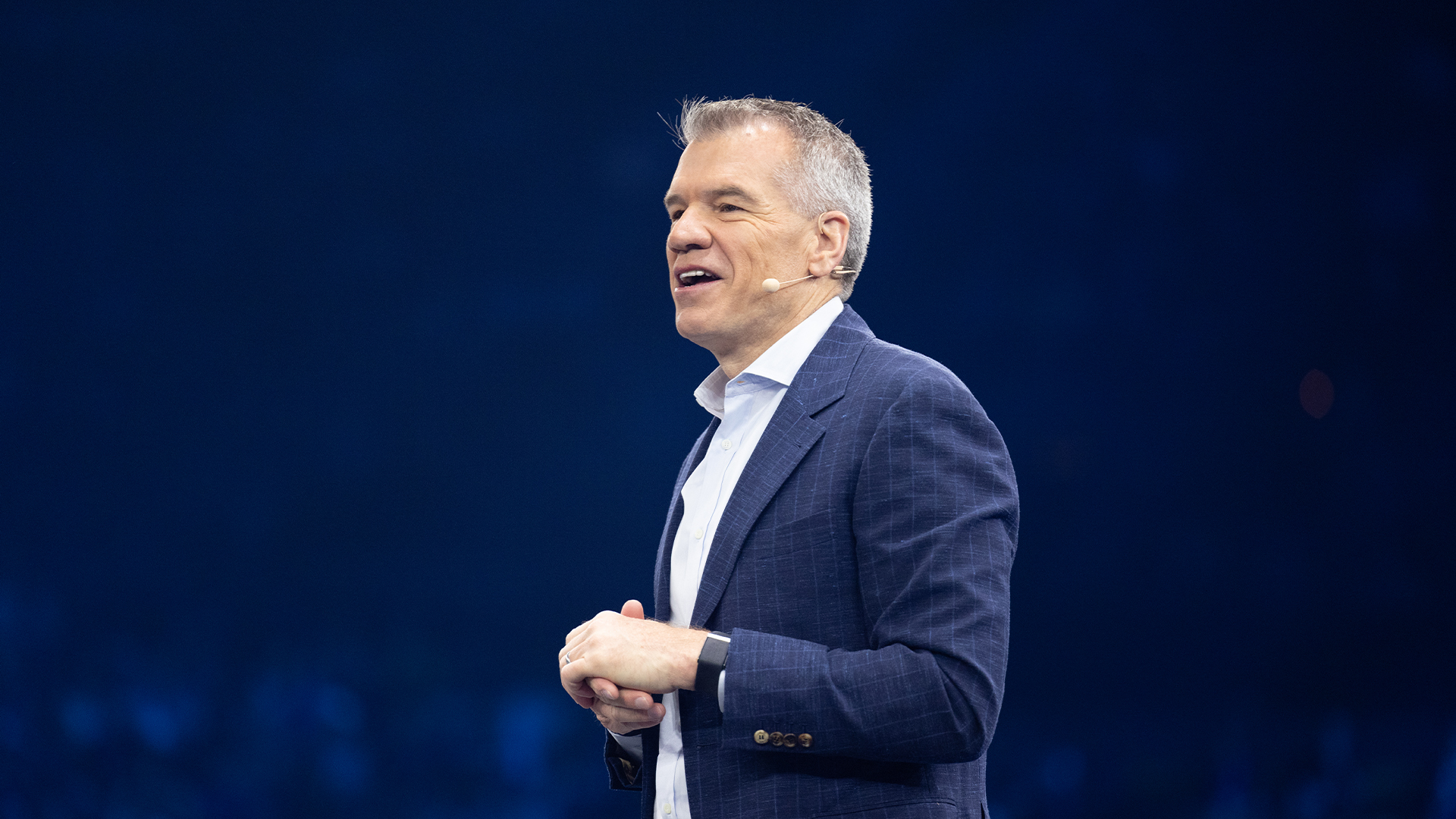 Exclusive: Splunk will play a key role in Cisco's AI plans, claims former CEO
Exclusive: Splunk will play a key role in Cisco's AI plans, claims former CEONews Former Splunk CEO Gary Steele, who has continued on at the firm post-acquisition, says the company will play a critical role in Cisco's AI roadmap
-
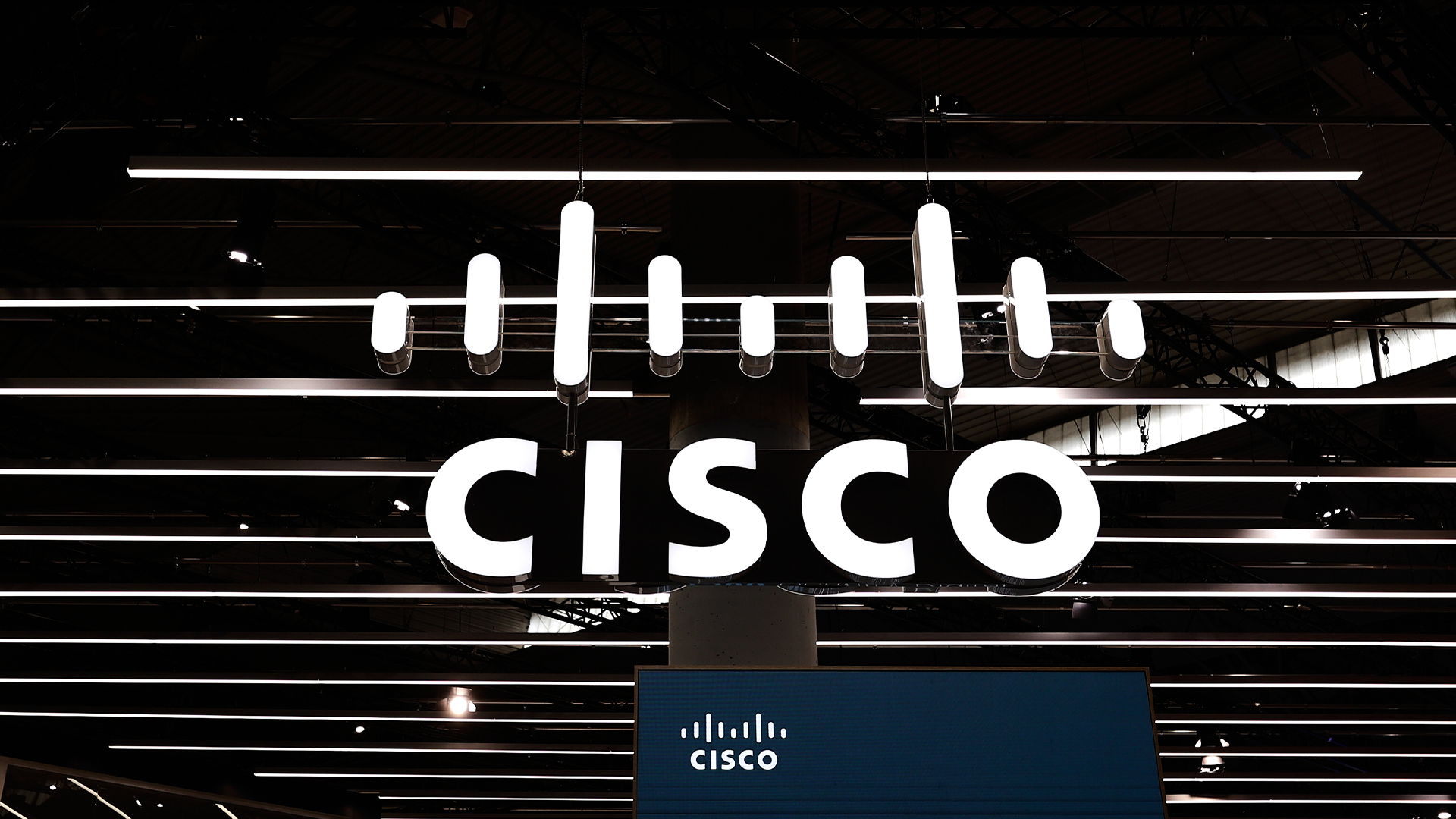 Cisco just launched a $1 billion investment fund for AI startups — and it's already backing Mistral, Cohere, and Scale AI
Cisco just launched a $1 billion investment fund for AI startups — and it's already backing Mistral, Cohere, and Scale AINews Cisco is flexing its muscles in the generative AI space in a bid to help enterprise customers deploy their own AI
-
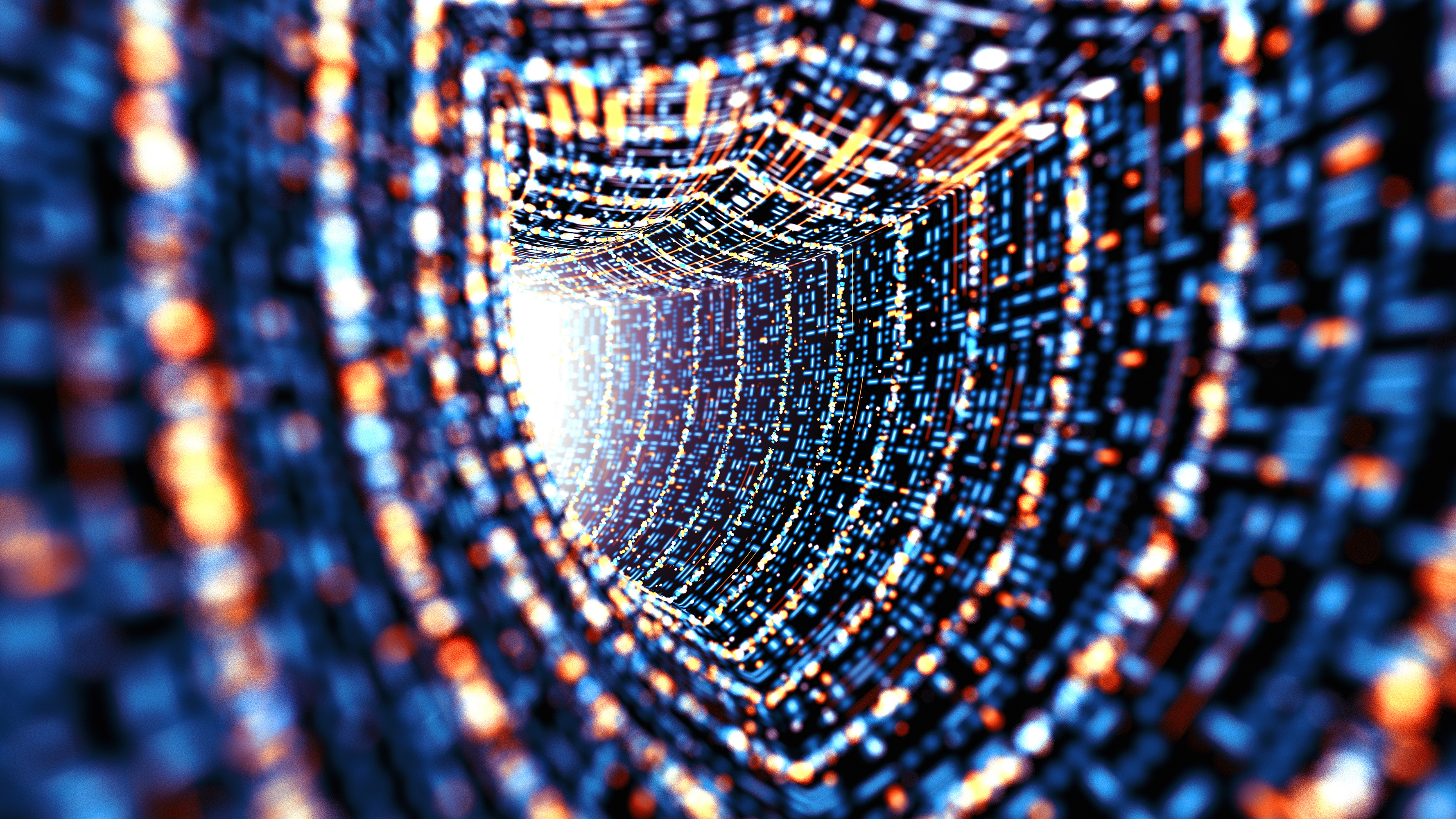 Cisco EVP: AI cyber security robs attackers of their advantage
Cisco EVP: AI cyber security robs attackers of their advantageIn-depth As AI is combined with business data, it could put security teams on the front foot
-
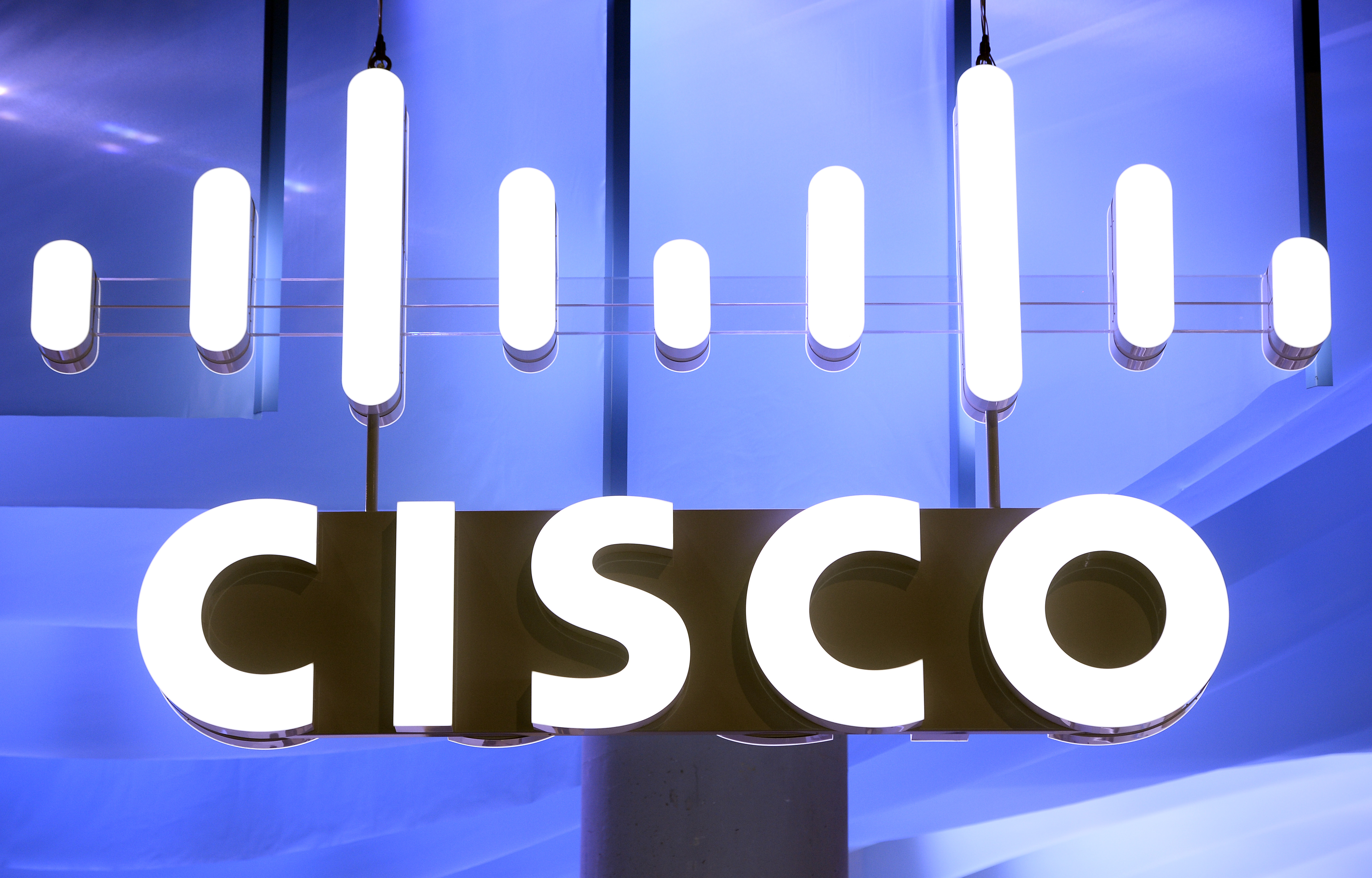 Cisco lifts lid on new AI strategy and assistant for Webex
Cisco lifts lid on new AI strategy and assistant for WebexNews Networking specialist says its new AI-fuelled approach to Webex will boost quality of online communications
-
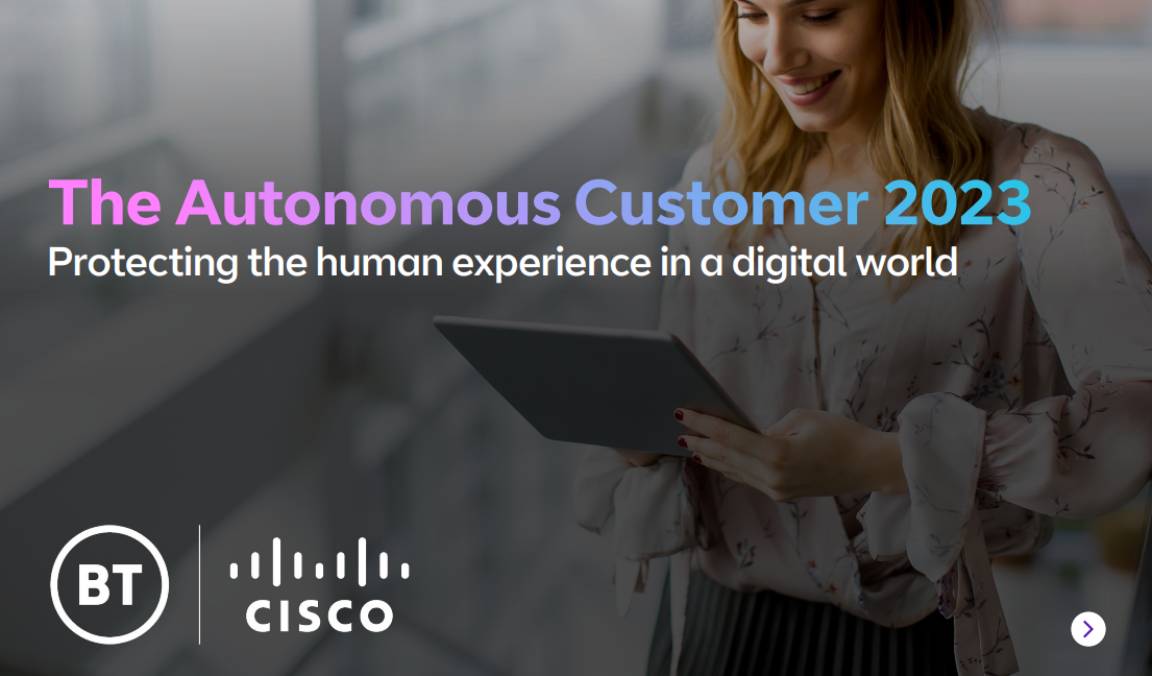 The autonomous customer 2023
The autonomous customer 2023whitepaper Protecting the human experience in a digital world
-
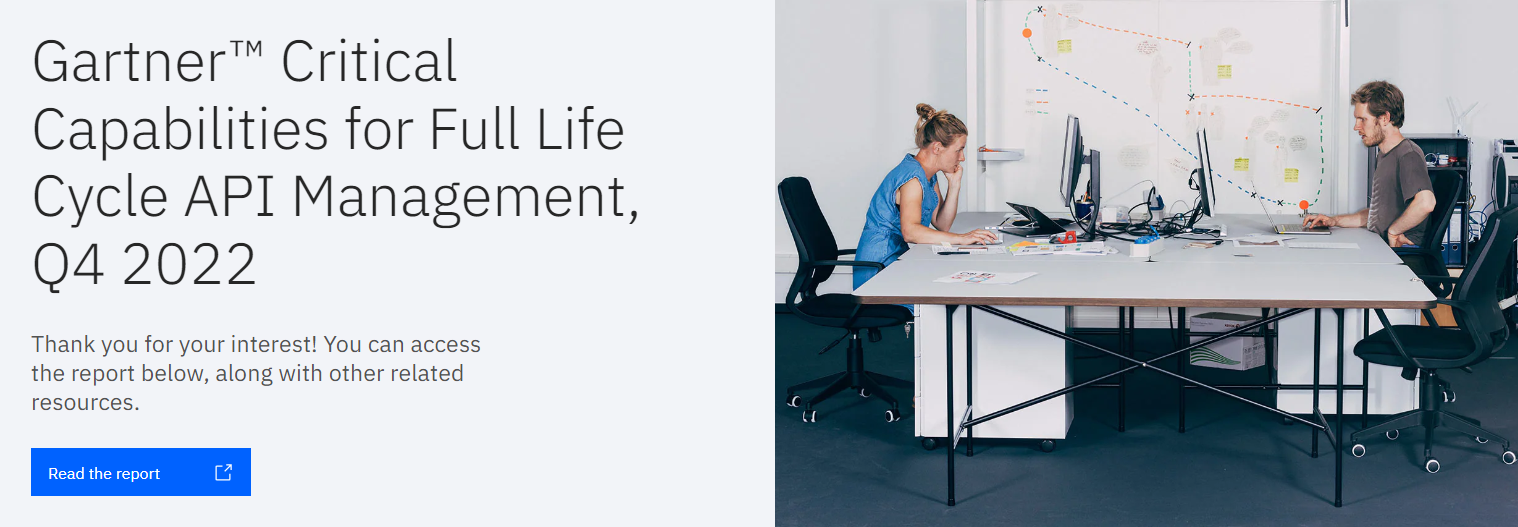 Critical capabilities for full Life Cycle API Management
Critical capabilities for full Life Cycle API ManagementWhitepaper Software engineering leaders should use this research to assess and compare the capabilities of 17 products across five use cases.
-
 Magic Quadrant for Full Life Cycle API Management
Magic Quadrant for Full Life Cycle API ManagementWhitepaper Assessing vendors in the fast-evolving full life cycle API management market to help software engineering leaders pick the right one